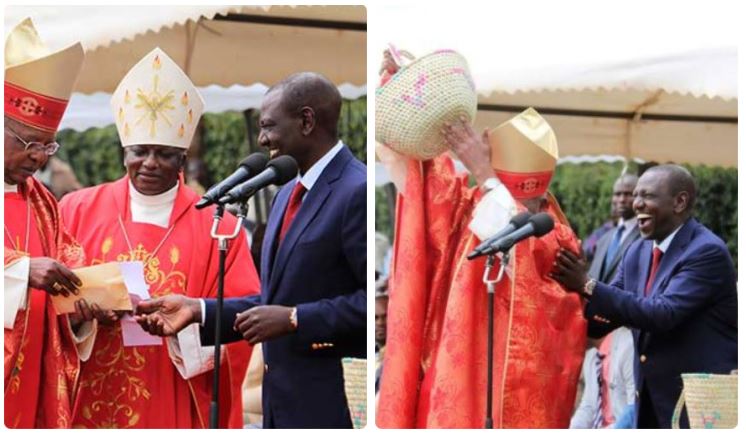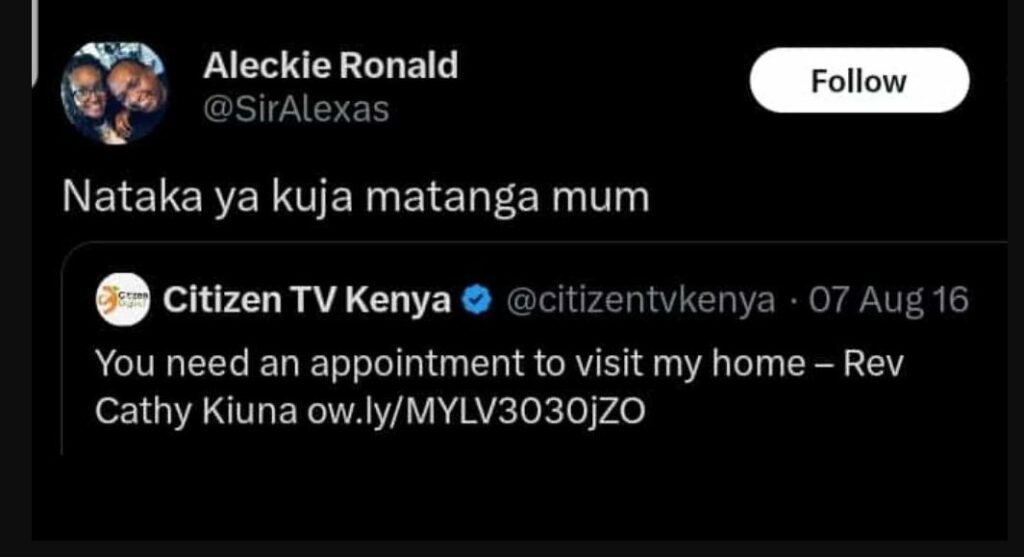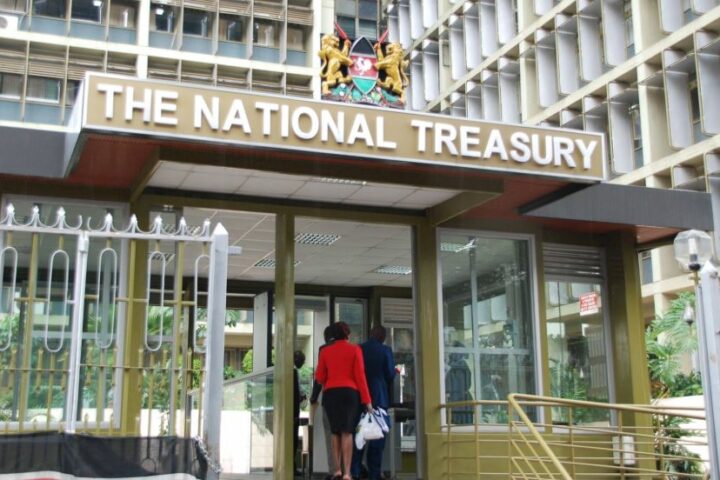 On July 7, Felix Koskei, Head of Public Service, issued a confidential memo directing Service Commissions and state officeholders to ensure compliance with President Ruto’s recent directive banning state officers and public servants from participating in Harambees.
On July 7, Felix Koskei, Head of Public Service, issued a confidential memo directing Service Commissions and state officeholders to ensure compliance with President Ruto’s recent directive banning state officers and public servants from participating in Harambees.
Koskei emphasized the directive, declaring, “No State officer and public servant shall participate in public collections (Harambees) henceforth.”
He stressed the importance of upholding high ethical standards and enforcing them rigorously throughout the public service.
“Accordingly, all public officers are required to adhere to the highest standards of ethical conduct and to secure their strict compliance with the directive as well as compliance by all officers under their supervision, direction, or control,” Koskei directed.
The memo, circulated among state officers including governors, attorneys general, cabinet secretaries, and heads of state corporations, underscored the significance of adhering to national governance principles outlined in Article 10 of the Constitution and relevant laws.
Koskei detailed that all Service Commissions, working with the Ethics and Anti-Corruption Commission (EACC), must establish monitoring mechanisms to ensure compliance with the directive until formal legislative frameworks are established.
“This framework is an interim administrative State Intervention until a law facilitating structured and transparent contributions for public, charitable and philanthropic purposes is enacted,” the memo added.
President Ruto’s directive, announced on July 5, came in response to public outcry over state officials flaunting substantial sums of money at charitable events, raising concerns about transparency amidst economic difficulties and proposed tax increases.
Ruto directed the Attorney General to draft legislation and devise structured mechanisms to facilitate transparent contributions to public, charitable, and philanthropic causes.








